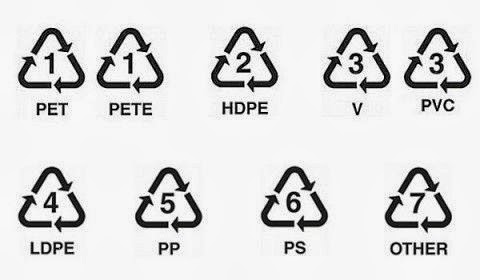Economía, psicología y teoría de la elección
Para los interesados en aplicaciones de microeconomía, en la psicología y la teoría de la elección, en una revista de acceso abierto, han recopilado una serie de artículos sobre el tema:
Economics, Psychology and Choice Theory
Editor: Marina Bianchi (University of Cassino and Southern Lazio), Peter Earl (University of Queensland), Sergio Nisticò (University of Cassino and Southern Lazio), Maurizio Pugno (University of Cassino and Southern Lazio)
Editor: Marina Bianchi (University of Cassino and Southern Lazio), Peter Earl (University of Queensland), Sergio Nisticò (University of Cassino and Southern Lazio), Maurizio Pugno (University of Cassino and Southern Lazio)
Abstract:
Throughout the second half of the twentieth century, microeconomic theory underwent a parallel and, in some sense, contradictory, development. On the one hand, a great variety of models flourished, based on the axiomatic foundations of (intertemporal) general equilibrium theory; on the other hand, research on decision theory started to reveal that the same foundations of traditional microeconomics, namely the notions of equilibrium and rationality, were extremely shaky. Starting with the findings implicit in Allais’s paradox, a vast array of experimental studies later revealed that much decision-making was only quasi-rational and guided by simple heuristics (Kahneman and Tversky, Thaler, and many others). This literature mainly emphasized the anomalies of rational choice, implying that the traditional economic model was not general. The enormous interest and impact that this new approach has had on economic thinking clearly helped also to break the boundaries between economics and psychology that the axiomatic approach had erected.
An additional and fruitful attempt of cross-fertilization between the two disciplines is Tibor Scitovsky’s The Joyless Economy, first published in 1976.
To mark the tenth anniversary of Tibor Scitovsky’s death, in June 2012 the Creativity and Motivations Economic Research Center of the University of Cassino hosted an International Conference entitled “How to Bring Joy into Economics”. Thanks mostly to his acquaintance with a new body of experimental research in psychology, Scitovsky extended the challenge to established microeconomic theory by pointing out the gap between the traditional approach to choice and individuals’ demand for novelty as a source of satisfaction.
The aim of this special issue is to gather new contributions on whether, how and to what extent economists should expand their understanding of economic rationality by integrating elements of thinking familiar to psychologists, in particular, when curiosity and uncertainty towards innovative consumption activities, rather than the ‘passive’ satisfaction of given needs, is the main objective of choice theory.
Articles
- Over-confidence and Low-cost Heuristics: An Experimental Investigation of Choice Behavior
- Approaches to Well-Being, Use of Psychology and Paternalism in Economics
- Scitovsky, Behavioural Economics, and Beyond
- Social Influences towards Conformism in Economic Experiments
- Aggregate Effects of Behavioral Anomalies: A New Research Area
Discussion Papers
- Enjoyment Takes Time: Some Implications for Choice Theory
- Anchoring in Economics: On Frey and Gallus on the Aggregation of Behavioural Anomalies
- The Magic of Storytelling: How Curiosity and Aesthetic Preferences Work
- Guilt Aversion and Redistributive Politics: A Moral Intuitionist Approach
- A Review of the Certainty Effect and Influence of Information Processing
Para acceder a los artículos: Economics, Psychology and Choice Theory.


Comentarios